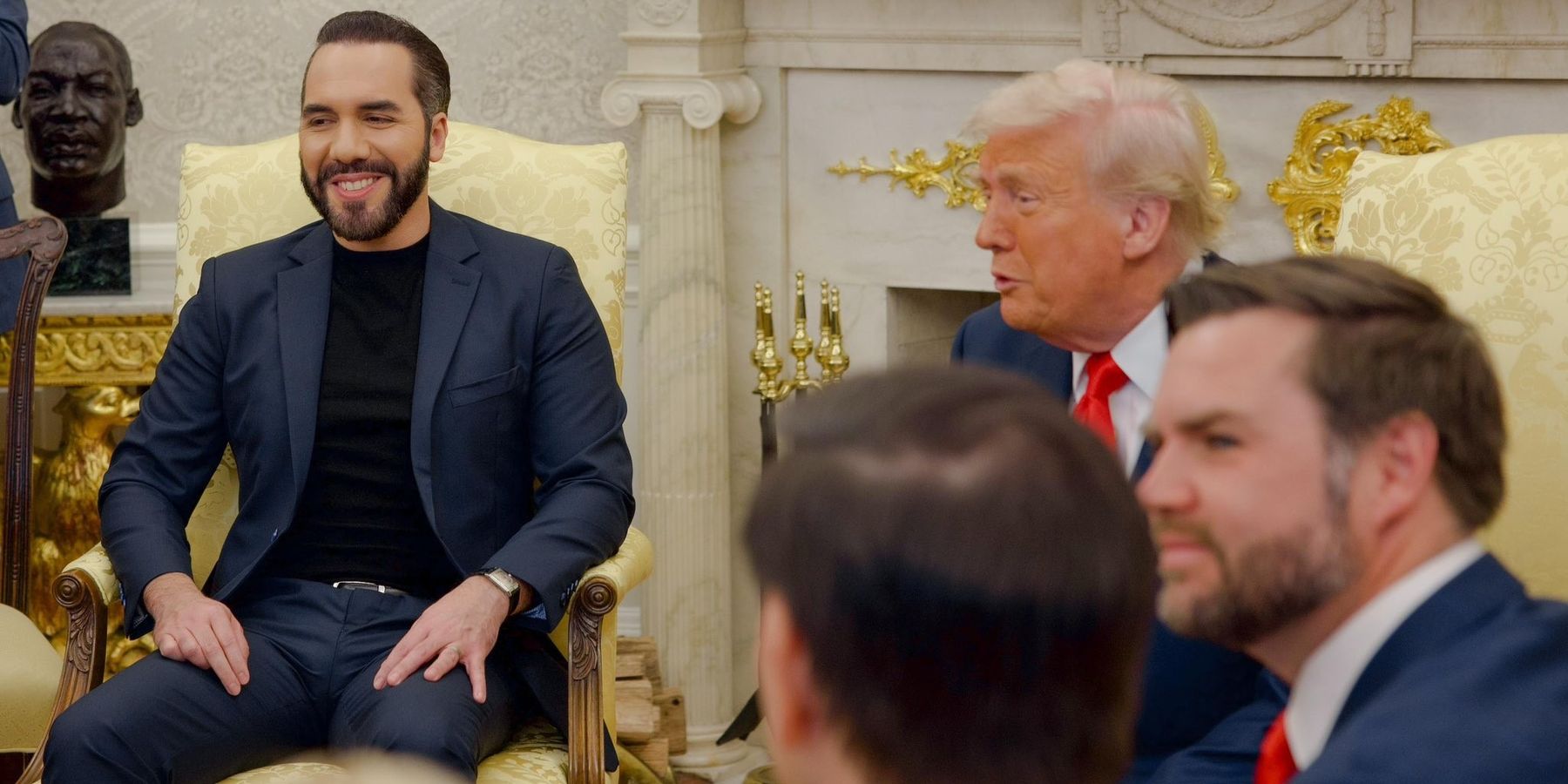Mark Twain was spot on. History does not repeat itself but it commonly rhymes.
President Richard Nixon was bent on flouting an order of the United States Court of Appeals for the District of Columbia Circuit to surrender White House tapes to a federal grand jury in Nixon v. Sirica (October 12, 1973). Mr. Nixon backed down in the face of overwhelming public and congressional opposition.
As incriminating evidence of President Nixon’s obstruction of justice and abuse of power mounted, he resigned under an impeachment cloud on August 9, 1974. The rule of law held despite President Nixon’s staggering 1972 electoral triumph over Democratic nominee George McGovern winning 49 States, over 60 percent of the popular vote, and capturing 520 electoral votes. An electoral mandate did not supersede the Constitution.
Fast forward to the pending case of Noem v. Abrego Garcia in the United States District Court for the District of Maryland. The undisputed facts are shocking.
In 2019 during the first Trump administration, an immigration judge entered an order prohibiting Abrego Garcia’s removal to El Salvador because he confronted a “clear probability of future persecution” there and “demonstrated that [El Salvador’s] authorities would be unable or unwilling to protect him.” Mr. Trump declined to challenge the order.
On March 15, 2025, some six years later, the second Trump administration seized Abrego Garcia and swiftly transported him to El Salvador. This was allegedly due to an “administrative error,” which was acknowledged by Trump’s Department of Justice . The United States has cited no legal basis for Abrego Garcia’s warrantless seizure, his removal to El Salvador, or his confinement in a Salvadoran prison.
The deportation was challenged in the United States District Court for the District of Maryland. On April 4, the court entered an order directing the United States to “facilitate and effectuate” the return of Abrego Garcia no later than April 7. The Trump administration filed an application to the United States Supreme Court seeking to vacate the District Court’s order.
On April 10, the Supreme Court emphasized the Trump Administration’s concession that Abrego Garcia was unconstitutionally deported to El Salvador. It generally affirmed the District Court but remanded to clarify the meaning of “effectuate” giving deference to the lead role of the executive branch in foreign affairs.
Since then, the Trump administration has maintained that it is a pitiful, helpless giant, unable to secure the return of Abrego Garcia from the clutches of featherweight El Salvador sporting military forces and budget that is a miniscule fraction of the Pentagon’s. Trump, who spent the last two months threatening Panama, cannot secure the return of Garcia by threatening an invasion or trade sanctions?
On April 14, the President of El Salvador, Nayib Bukele, met with President Trump in the Oval Office and pleaded that he was powerless to return Abrego Garcia. President Bukele amplified, “How can I return him to the United States? I smuggle him into the United States? Of course I’m not going to do it. The question is preposterous. How can I smuggle a terrorist into the United States?”
President Bukele was being disingenuous, a euphemism for lying. The United States has presented zero evidence that Garcia is a terrorist, a Trump term of art meaning anyone President Trump dislikes. We are in Lewis Carroll’s Through The Looking Glass with Humpty Dumpty: “When I use a word, it means just what I choose it to mean — neither more nor less.” Moreover, Trump has represented to the District Court that he would place no obstacle to Abrego Garcia’s return.
The Trump administration and the District Court remain at an impasse. Secretary of State Marco Rubio fired a shot across the bow, belligerently proclaiming, “No court in the United States has a right to conduct the foreign policy of the United States.” In other words, the President is empowered to kidnap and to disappear into dungeons of foreign nations any American citizen without any judicial redress — a constitutional violation with no remedy like a crime with no punishment?
The Supreme Court in Zivotofsky v. Clinton declared that foreign policy is subject to judicial review. Indeed, in the middle of the Korean War, it held that President Harry Truman’s seizure of steel mills to keep armaments flowing was unconstitutional in Youngstown Sheet & Tube v. Sawyer. And in New York Times v. United States, the Court prohibited President Richard Nixon from suppressing publication of the Pentagon Papers in the middle of the Vietnam War despite protestations of a foreign policy calamity.
The Supreme Court’s decree largely echoed the 1868 Hostage Act, directing steps the President must take to obtain the release of citizens wrongfully detained in foreign countries. It was not encroaching on forbidden presidential territory. The Act provides:
Whenever it is made known to the President that any citizen of the United States has been unjustly deprived of his liberty by or under the authority of any foreign government, it shall be the duty of the President forthwith to demand of that government the reasons of such imprisonment; and if it appears to be wrongful and in violation of the rights of American citizenship, the President shall forthwith demand the release of such citizen, and if the release so demanded is unreasonably delayed or refused, the President shall use such means, not amounting to acts of war and not otherwise prohibited by law, as he may think necessary and proper to obtain or effectuate the release; and all the facts and proceedings relative thereto shall as soon as practicable be communicated by the President to Congress.
It is inconceivable that the Supreme Court will wave the white flag of surrender and allow President Trump's illegal deportation of Garcia and apparent refusal to secure his return. SCOTUS was unanimous on April 10 in declaring his deportation unconstitutional.
But the idea of a constitutional right without a remedy feels a bit like a munificent bequest in a pauper’s will. Moreover, if President Trump can defy the Supreme Court in foreign affairs, there is no constitutional firewall against the precedent carrying over into domestic affairs and burning the entire Constitution.
Chief Justice John Marshall observed in Marbury v. Madison, “The very essence of civil liberty certainly consists in the right of every individual to claim the protection of the laws whenever he receives an injury…The government of the United States has been emphatically termed a government of laws and not of men. It will certainly cease to deserve this high appellation, if the laws furnish no remedy for the violation of a vested legal right.”
President Trump may indeed attempt to defy an order of the Supreme Court over Abrego Garcia. He will repeat the lie that Garcia is a terrorist and declare “he who saves the country violates no law.”
If this precedent stands, it will lie around like a loaded weapon ready for use against citizens or non-citizens alike under the banners of “foreign policy” or “national security” — which mean whatever Mr. Trump wants them to mean for this day and train only.
- When anti-war protesters are called national security threats ›
- How a post-9/11 law could enable a crackdown on speech ›
- Why SCOTUS won’t deter Trump’s desire to weaponize trade ›
















